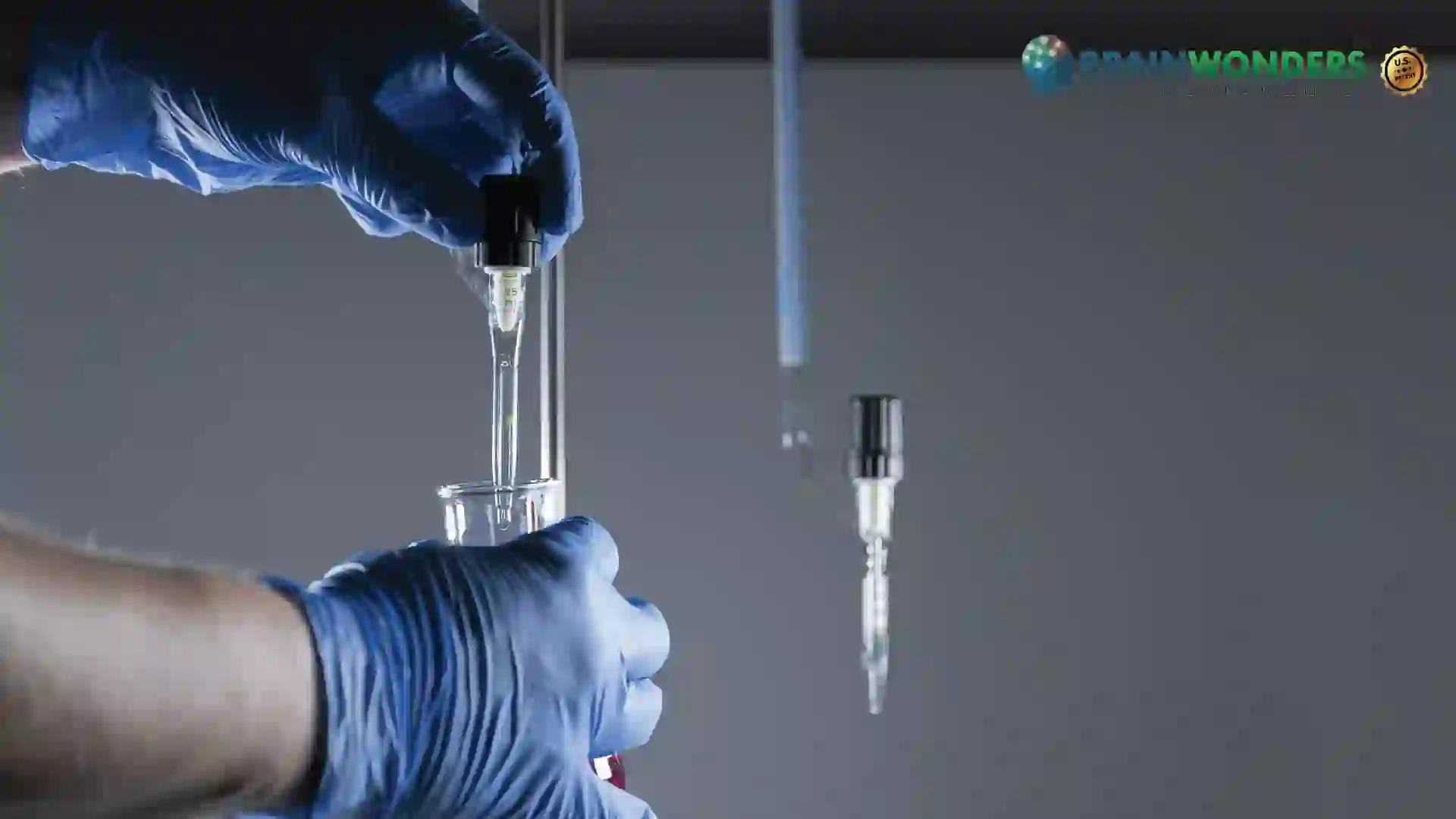How to become a Zoologist
Overview, Courses, Exam, Colleges, Pathways, Salary

Overview
Who is Zoologist ?
Zoologists are life scientists who study the animal species and their behaviour, in captivity and in their natural habitat. This includes understanding their origin and development as well as other aspects such as their anatomy, embryology, physiology, genetics, diseases, behaviour and classification. The impact of humans and human activity on the animals and their natural habitat as well as the animals’ interactions with their ecosystems are other important areas that zoologists focus on. They work in laboratories as well as with animals in the wild with a range of specialist equipment.
Apart from the vast amounts of observational data that they collect, zoologists also have to undertake a considerable amount of analytical research and experimental work. They can choose to specialise in terms of the species such as primatologist, mammalogists, ornithologists, entomologists, cetologists, paleozoologist or in terms of the aspects being studied such as anatomy, embryology, histology, teratology, physiology, ethology.
Typical day at work
What does Zoologist do?
- Design and conduct research projects to study animals
- Collect, process, and prepare specimen data of various animal species
- Analyse the data and observations to make meaningful conclusions
- Conduct experimental studies in laboratories or outdoors
- Set up specialist equipment in order to collect data of the animals in their natural habitat
- Communicate research findings to a wider audience by writing articles, papers, reports or through presentations at scientific conferences
- Breed and/or raise specimen of animals for experimental use
- Rehbailtiate and release animals into their natural habitat
- Promote initiatives for the conservation of wildlife and animal welfare
- Assist in developing captive breeding programs
- Ensure that the environmental regulations are being followed in the research and study
- Evaluate animal welfare initiative and consult on endangered animal populations
Abilities and Aptitude needed
What are the skills, abilities & aptitude needed to become Zoologist?
A zoologist should be excellent communicators in order to liaise with a range of people for their research endeavours as well as to write research papers and articles. They should have a strong understanding of the various scientific methods and resources needed to design and conduct research on animals. They should be highly observant and organized in order to carry out detailed work with accuracy. They should have good leadership skills as well as the ability to work as a part of a team. Zoologists need to be physically capable of travelling to different locations and carrying out fieldwork.
They should have excellent critical thinking skills and problem solving abilities in order to make meaningful interpretations from their observational data and research experiments. They should be skilled at using the specialist softwares and equipment required to gather and analyse data regarding the animals. They should be patient, methodical, and analytical in order to collect reliable data and draw meaningful conclusions from the same.
Salary
Salary for Zoologist?
Zoologist salary depends on their academic qualification, institute or university from which the degree is attained and the level of work experience they have achieved. The fresh Graduates can get anything between Rs.4,50,000 to Rs.5,00,000 as an annual salary.
Pathways
How to become an Zoologist?
Entrance Exam
Entrance Exam for Zoologist ?
To get admission in BSc zoology, the selection or admission is based on cutoff list released by the university or college. Some universities conduct entrance tests for admission. To get admission in master’s degree, the aspirants need to clear the entrance exam. Admission to the Ph.D. program is done based on entrance tests conducted nationally or by universities separately followed by Personal Interview. Some of the popular Ph.D. entrance tests are UGC NET, CSIR, ICAR, the other entrance exams for zoology courses are MCAER CET, NEST, JEST, IIT JAM.
Courses
Which course I can pursue?
Best Colleges
Which are the best colleges to attend to become an Zoologist?
Industries
Which Industries are open for Zoologist?
- Government departments
- Environmental agencies
- Universities
- Colleges
- Biotechnological laboratories,
- Pharmaceutical industries
- Environmental/ecological fields.
- Zoos
- Wildlife services
- Botanical gardens
- Conservation organizations
- National parks, nature reserves
- Aquariums
- Animal clinics
- Fisheries and aquaculture
- Museums
- Veterinary hospitals
internship
Are there internships available for Zoologist?
The internship allows students to gain experience working in organization while studying in University. The aspirants pursuing zoology, studies how animal live and thrive in their natural, artificial and laboratory surroundings. The internship will develop knowledge and skills which help aspirants to work professionally in future.
Career outlook
What does the future look like for Zoologist?
Employment opportunities for zoologists is projected to grow in the near future, due to increased importance being placed on environmental conservation and animal welfare.They work for arrange of public and private sector establishments such as wildlife rehabilitation facilities, national parks, zoos, aquariums, marine parks, museums, wildlife sanctuaries, consulting companies, veterinary product manufacturing industry, environmental conservation agencies. They can also work as educators, activists, and researchers in the field.
Other employment opportunities for zoologists exist in aquaculture and animal nutrition companies, medical research facilities, and animal charities. Their work settings can be offices, laboratories, or in the field depending upon their specific job and interest. Majority of these professionals work full-time, however their work timings are often irregular or long, especially when it involves fieldwork. They are often required to travel to different locations in order to conduct fieldwork.







